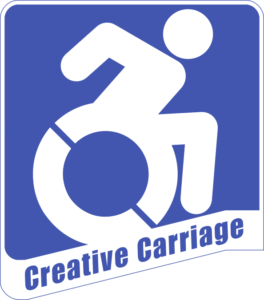This session is proudly sponsored by:
Moderator: Kelly Paleczny, London Transit Commission and Chair of the AODA Transportation Standards Committee
Speaker:
- Ana-Maria Tomlinson, Canadian Standards Association
- Kay Penn, Canadian Standards Association
- Bob Nunn, Creative Carriage
Supporting Accessibility and Inclusivity in Transit: Research and Standardization.
Accessibility and inclusivity are of primary importance to transit agencies and passenger rail agencies across Canada. By 2050, it is estimated that 10 million Canadians will be aged 65 or older and 2.7 million will be aged 85 or older. Already, 22 percent of Canada’s population aged 15 and older reports living with some form of disability. Transit and passenger rail systems must be well equipped with the right infrastructure and processes in place to address the needs of an aging population and the needs of increasing numbers of persons with disabilities.
Furthermore, one of the key factors which will impact the reduction of carbon emissions by increasing transit’ mode share will be the sector’s ability to become more accessible and inclusive. CSA Group has been advancing accessibility across many key sectors, including the built environment, transit and transportation. This includes research, as well as the development and maintenance of accessibility standards, which will help build a barrier-free Canada by the year 2040 as mandated by the Accessible Canada Act.
As a part of this work, CSA Group recently commissioned Left Turn Right Turn to conduct targeted research and consultations with industry and subject matter experts in order to explore three key aspects:
- understand what challenges and barriers remain unaddressed in the area of transit and passenger rail accessibility and inclusivity
- identify existing best practices that could be used to inform the development of new standards to help address these remaining challenges
- determine what additional research is needed to generate robust data to inform the development of standards and guidelines





